Recent News
See the for more articles.
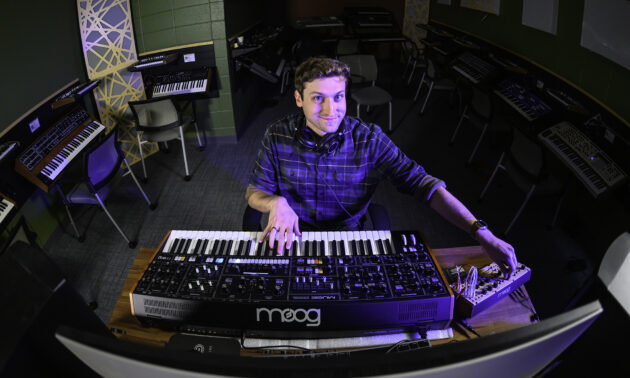
The synthesizers Rick Carl ’19, ’20 (MS) created for Moog Music Inc. are part of a new cutting-edge lab at URochester.

Pumpkin spice season is in full effect. Take a walk back through how we spent October at the ĚěĂŔĘÓƵ.

The National Academy of Medicine and the Packard Foundation are among the organizations honoring faculty members at the University.
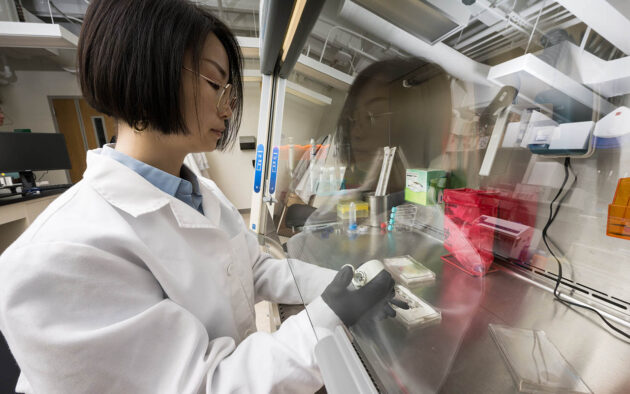
The cutting-edge tool demonstrates how the blood-brain barrier breaks down and how healthy brains keep it strong.
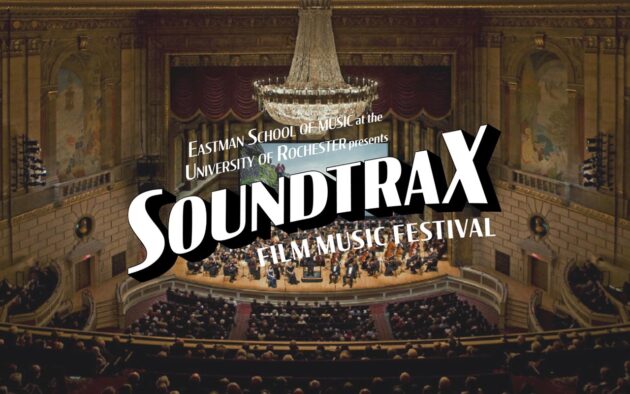
The ĚěĂŔĘÓƵ debuts the first North American festival dedicated to the art and science of film music.
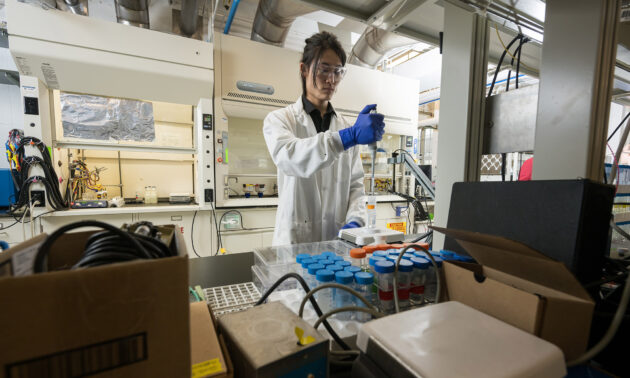
The newly renamed Department of Chemical and Sustainability Engineering signals a commitment to shaping the future of the field.
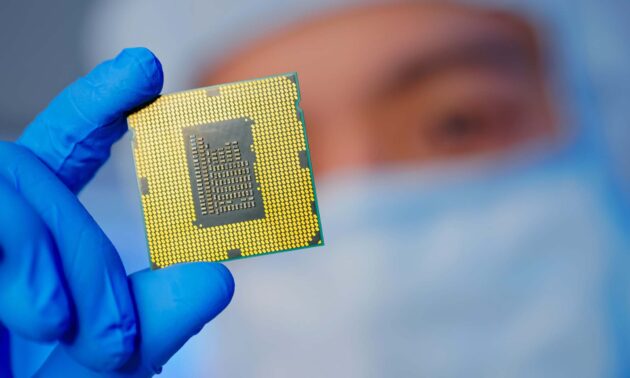
The program will advance K–12 STEM leadership for these growing industries in New York and Idaho.

The strengths and limitations of computing advances are pushing the boundaries of what quantum machines can do.

The National Science Foundation recognizes the Rochester/Finger Lakes region as a potential hub for laser science and development.

Professor BenjamĂn Castañeda ’09 (PhD) leads a global effort to meet critical needs for medical technology.